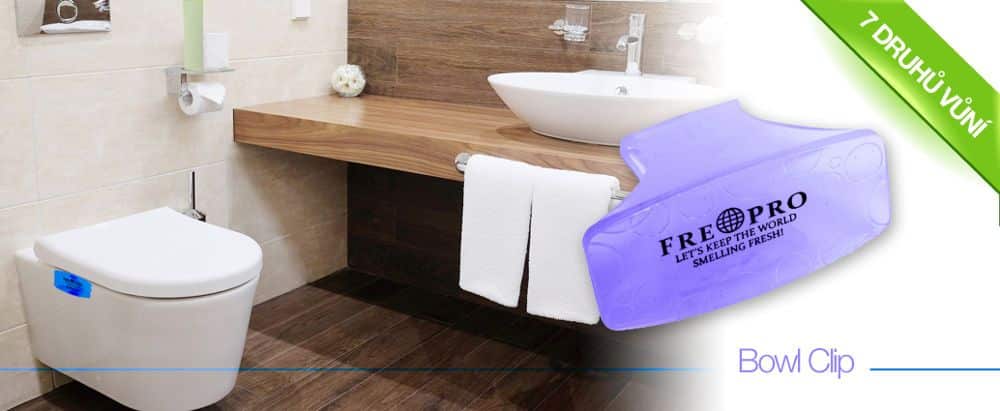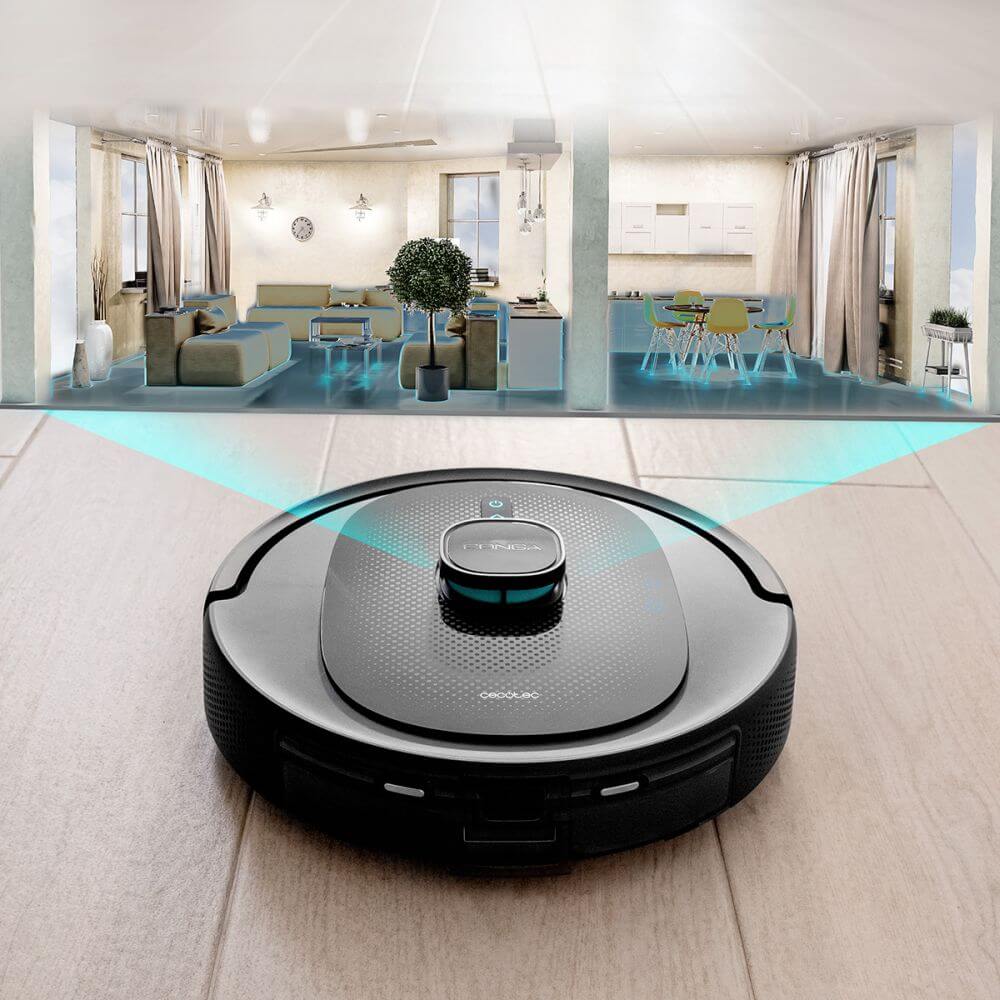11, Health
11, Health
Everybody in this country has the right to choose a doctor.
2 types of medical facilities: state and private.
Medical care is provided from birth to death (health insurance) even prenatal care.
Just after birth they gave us vaccination againts TB, polis, tetanus and diphtend.
Each child is under medical supervision – a lot of preventive and dental checks.
If we feel unwell we go to see a physician (general practicional) in his working hours.
G.P. checks us up: takes our temperature, measures our blood pressure, listents to our heart
and lings…after he states the diagnosis and the therapy and prescribe some
medicines (we take it at the chemist´s)
Sometimes we are sent to a laboratory for tests.
In more serious cases we have to go to the hospital – we are examinate, X-rayed or even operated.
After we can go to health resorts or spas for rehabilitations – various procedurs are massages, baths, physical, training…
Common diseases: cold, flu, bronchitis…
Fatal diseases: cancer, AIDS…
Civilization diseases: stress, depression, high-blood presure, allergies, drug addiction…
Children diseases: otitis, measles, scarlet, rubeola, small pox, mumps…
Tvorba příslovcí a jejich stupňování
1, Krátká přídavná jména – která se skládají z jedné, max. dvou slabik (pomocí koncovky -er, -est)
big – bigger – biggest
funny – funnier – funniest
tall – taller – tallest
2, Dlouhá přídavná jména – mají dvě a více slabik (přidáním slůvek more a most před slovo)
intersting – more interesting – most interesting
useful – more useful – most useful
3, Nepravidelná přídavná jména
good – better – best
bad – worse – worst
far – farther – farthest (používá se pro vzdálenost – vzdálenější, nejvzdálenější)
far – further – furthest (používá se pro pořadí – další, poslední / dále, nejdále)





